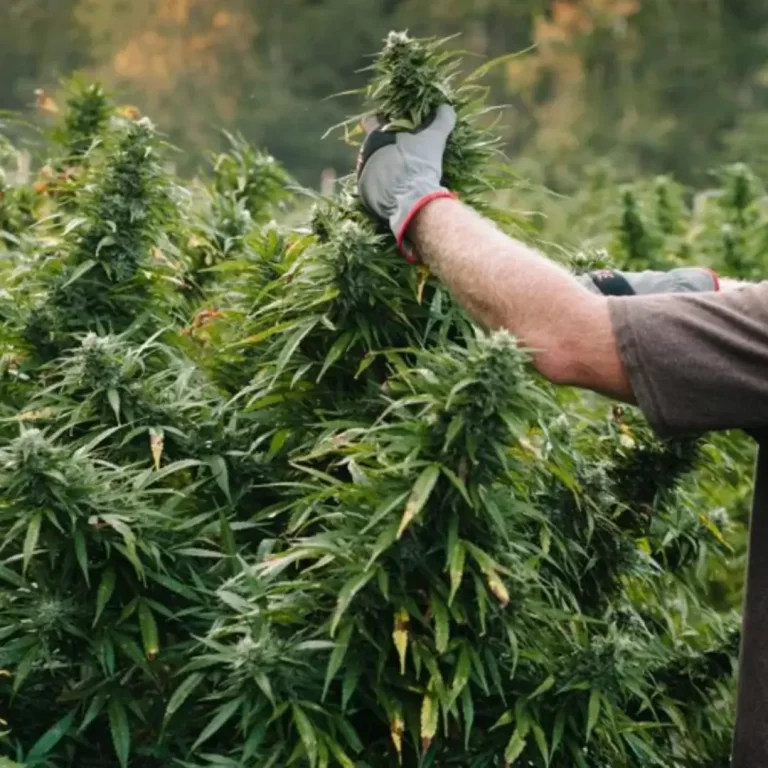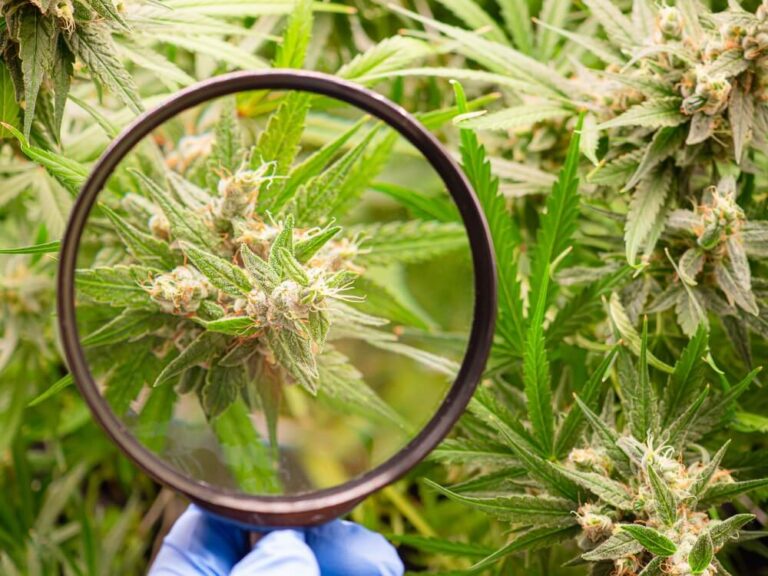
Feds Release Documents Detailing Cannabis Rescheduling, Health Benefits
- Cannabis News
- Cannabutter Digest
Today, cannabis is labeled a Schedule I controlled substance by the United States government. A Schedule I drug is a substance with a high potential for abuse and no known medicinal benefits. Those who have long touted the medicinal and therapeutic benefits of marijuana have scoffed at this legal classification, which places marijuana as more dangerous than cocaine and methamphetamine, both Schedule II drugs.
It’s now been three months since the U.S. Health and Human Services Department recommended marijuana move to a Schedule III controlled substance. The agency is just now releasing a treasure trove of documents it used to help it decide to recommend rescheduling the substance, including publications and reviews on the cannabis plant’s potential medical value.
What the Documents Say
Attorneys Shane Pennington and Matt Zorn recently posted the newly released documents to their blog On Drugs. They obtained the documents using the Freedom of Information Act and are only now wading through the materials from the government agency. Although many documents remain redacted, the total package helps paint a picture of the information used by the U.S. Health and Human Services Department to recommend altering marijuana’s classification from Schedule I down to a Schedule III controlled substance.
HHS’s documents seem to suggest new scientific research into the medicinal benefits of cannabis may necessitate rescheduling. HHS officials say they’ve analyzed considerable data. However, determining the level of therapeutic benefit and the substance’s potential for abuse remains complicated since no single test or abuse characterization is sufficient on its own.
Many modern scientific studies seem to suggest that marijuana has considerable acceptable medical and therapeutic uses. Some epidemiological data also hints that marijuana may not even meet the standards for abuse established by the CSA’s own eight-factor analysis:
- Actual or relative potential for abuse
- Scientific evidence of pharmacological effects
- State of current scientific knowledge regarding the drug
- History and current patterns of abuse
- Scope, duration, and significance of abuse
- Public risk, if any
- Psychic or physiological dependence liability
- Whether the substance is a precursor of a substance already controlled under the Controlled Substances Act
That said, many pages of the HHS report remain redacted and incomplete. Others have been withheld from the public entirely, so gaining a complete picture of the process and information used by the HHS to determine marijuana rescheduling is challenging. Although the HHS recommendation to reschedule cannabis is a milestone for supporters of federal reform, the ultimate decision about whether to do so rests in the hands of the Drug Enforcement Administration. Although many assume the DEA will follow the HHS recommendation, reclassifying cannabis is not a done deal. The DEA reserves the right to disregard any health agency’s recommendation since it retains broad jurisdiction of the CSA.
Support for Reclassification Swells
Support for the reclassification of marijuana at the federal level continues to swell, especially from states that have already legalized the recreational sale and consumption of the drug within their borders. The governors of six states, including Colorado, New York, and Illinois, sent President Joe Biden a letter urging him and his administration to push ahead with marijuana rescheduling by year’s end. The letter reads in part, “Rescheduling cannabis aligns with a safe, regulated product that Americans can trust.” The letter also includes data from a recent poll suggesting that 88 percent of Americans support the legalization of marijuana for medicinal or recreational use.
The governors also say they may disagree on the net positive effects of recreational and medicinal cannabis, yet everyone agrees the cannabis industry is here to stay. They suggest the federal government needs to step up and do its part to create solid regulations and support state-regulated marketplaces for the health and safety of the American people.
Colorado Gov. Jared Polis, a Democrat, led the group effort. Colorado was one of the first states in the nation to legalize adult-use marijuana. Gov. Polis says that rescheduling cannabis could help alleviate the financial and safety concerns for legitimate marijuana businesses, allowing them to play a crucial role in the American business environment. Currently, the marijuana industry relies on a cash-only business model since it has limited access to the services provided by banks and other financial institutions. With legislative efforts like the SAFER Banking Act having an uncertain future, it is more important than ever that the executive branch take action.
Opposition Still Looms
Although there is considerable support for cannabis reform efforts in Washington, D.C., not everyone agrees the drug should be rescheduled. Six former DEA heads and at least five former White House drug czars have sent letters to the attorney general and current DEA head opposing the efforts to reschedule marijuana. These individuals suggest that moving cannabis to a Schedule III substance could “supersize” the cannabis industry by normalizing the market. They also imply that rescheduling marijuana, thus reducing criminal penalties against marijuana offenses, removes a potent tool from federal agents who go after and prosecute drug cartels.
In addition to the opposition from former DEA heads and drug czars, a group of 14 Republican lawmakers are also voicing their opposition to rescheduling marijuana at the federal level. The Republican lawmakers say the DEA should reject the HHS recommendation, keeping marijuana classified as a Schedule I substance. They say rescheduling cannabis must be based on facts and scientific evidence, not popular opinion.
For their part, cannabis advocates believe the arguments against rescheduling marijuana lack substance and make questionable claims about the adverse effects cannabis has on public health and safety. As more states move to legalize medicinal and recreational marijuana, more researchers have the ability and opportunity to study cannabis and its potential therapeutic effects on the mind and body. Advocates point to the fact that several modern studies suggest that marijuana has numerous health benefits, while Schedule I drugs are supposed to have no known medical benefits. That alone means that marijuana should be poised for rescheduling.
As of now, the future of cannabis scheduling at the federal level – and all the downstream consequences of that – remains decidedly up in the air. Still, as 2023 gives way to the 2024 election cycle, and President Biden’s polling figures continue to suggest he needs to bring his straying supporters back into the fold, the time for decisive change could well be nigh.
Will marijuana be rescheduled in the United States? Follow Cannabutter Digest today for more cannabis-related news, recipes, and product reviews.






